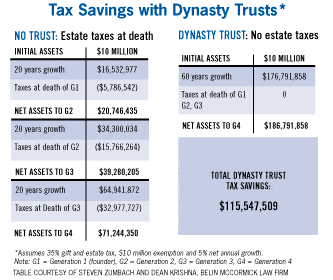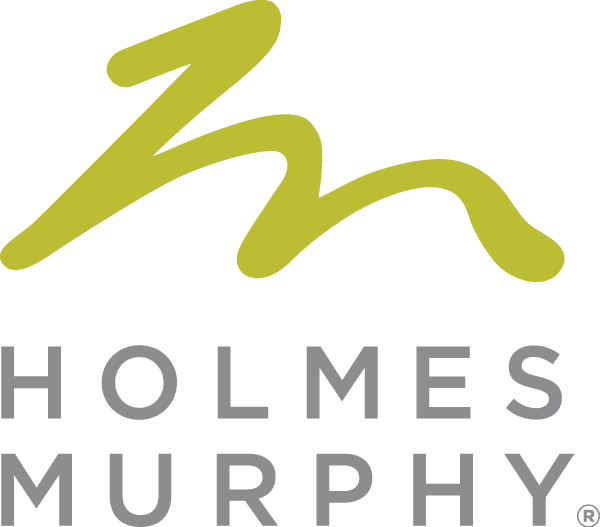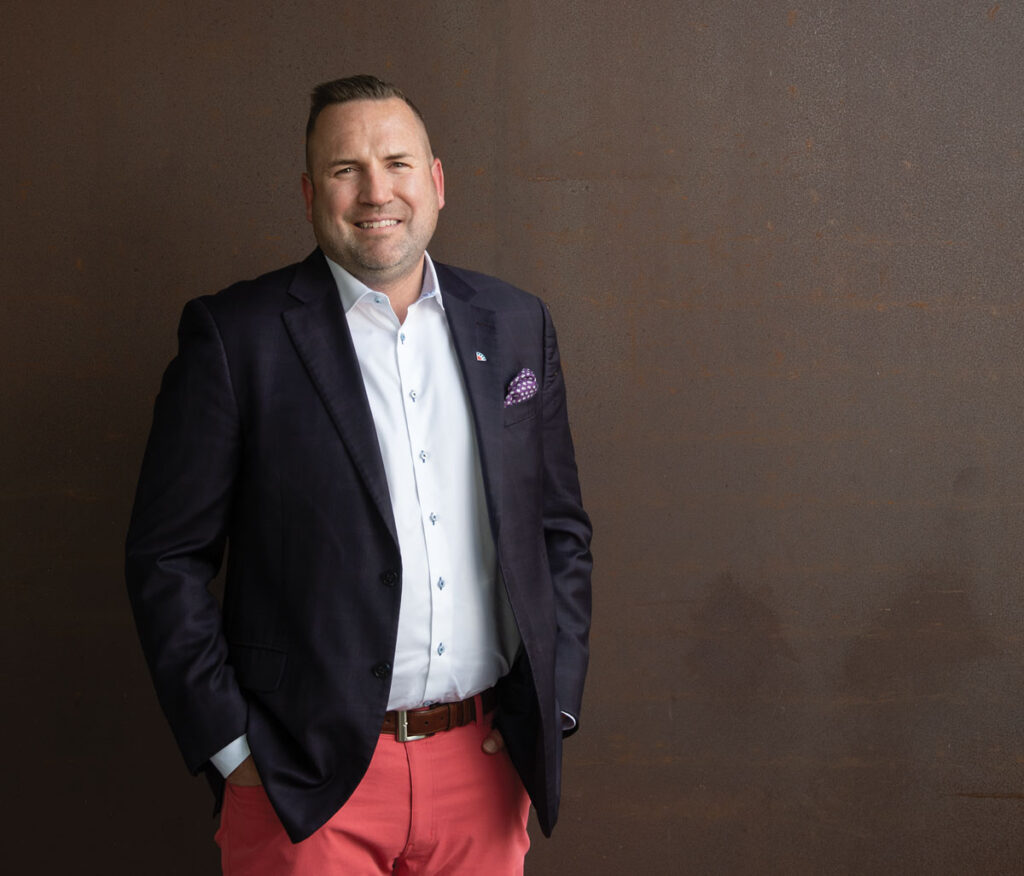Follow the trust
Steven Zumbach was new on the job at the Belin McCormick law firm when he was told to meet with a Chicago tax attorney for a prominent Greater Des Moines businessman.
That was in 1977, and Marvin Pomerantz was thinking about the future of his family, his wealth, his enterprises, his philanthropy.
Working out the details of a trust that would account for all was a “continuous effort that continued on multiple Saturday mornings up until Marvin’s death in 2008,” Zumbach said.
Belin McCormick’s client base is successful family businesses, and as a result the firm oversees hundreds of trusts. In many cases, Zumbach manages the affairs of businesses whose founders he has not met, but whose wishes he understands in great detail.
Those entrepreneurs – think of the likes of Pomerantz, John Ruan, William Knapp or theater pioneer A.H. Blank and his son, Myron, who introduced popcorn to movie theaters and left Greater Des Moines with gifts that include a zoo, the state’s first children’s hospital, an IMAX theater – might be considered the lucky ones.
They had the foresight to understand that their business affairs and the wealth they generated could have a lasting impact on their families and their communities.
Not every successful business pioneer takes the time or has the inclination to take the next generations into account.
“With the acquisition of wealth comes huge responsibility,” Zumbach said. “How do you manage it in a way that continues a business and does not create a sense of entitlement? Immense wealth isn’t always a blessing … descendants don’t always realize their full potential … they don’t always realize the satisfaction that comes from succeeding on your own and in your own right.
“The risk for the beneficiaries is that it can negatively impact incentive and individual achievement.”
This year, failure to plan for the future can carry heavy tax consequences, as well. With the first $10 million of an estate free from taxes, the succeeding generations of a family business can watch its asset value grow with no tax burden, providing the assets are held in a trust. (See table)
The new law reduces the maximum estate tax rate to 35 percent and increases the exemption equivalent to $5 million for individuals and $10 million for a husband and wife for lifetime gifts and estates. The law “sunsets” in 2012. After that, the top estate tax bracket could return to the 55 percent maximum rate and an exemption of $1 million for individuals and $2 million for couples. In order to take advantage of the current changes, the trusts should be locked in now.
Though the changes in tax law might leave a “no time to wait” impression on some, the reasons for creating trusts are far more varied than those introduced by the new tax law.
“I find it interesting that the entrepreneur who spends a lifetime building a great business doesn’t spend the time to think about the governance of that business after they are gone,” Zumbach said.
John Ruan did both.
“John Ruan thought about these things all of the time. I got John in the autumn of his life. The empire had been built, though he still lived another 30 years,” Zumbach said. “We spent more than a decade planning the governance structure.”
Ruan died last year at age 96. Stories about those meetings, which included Bankers Trust Co. President and CEO Suku Radia, have taken on an almost mythical tone in Greater Des Moines business lore. They served a vital purpose and point out the complexity of creating a trust, especially a trust that includes the operation of family businesses.
Zumbach said that control trusts protect and manage assets, provide tax savings and deal with the corporate control and succession of businesses.
Control trusts use independent advisers in multiple forms, serving on boards of directors, acting as trustees and trust protectors, who function as mediators between trustees and beneficiaries.

Zumbach noted that early in the 20th century, trusts focused on the dictates of a business founder, leaving little wiggle room to take into account not just business changes but changes in the desires of beneficiaries.
A trust needs to be viewed much like a constitution that lays down the fundamentals, but leaves room for interpretation.
Trusts that take the future into account and instill a sense of responsibility in future generations have the most favor with Zumbach.
“What my clients have showed me is that it’s not just about taking and building wealth; it’s about giving wealth, too,” he said. “They have transmitted that value to their families.”












